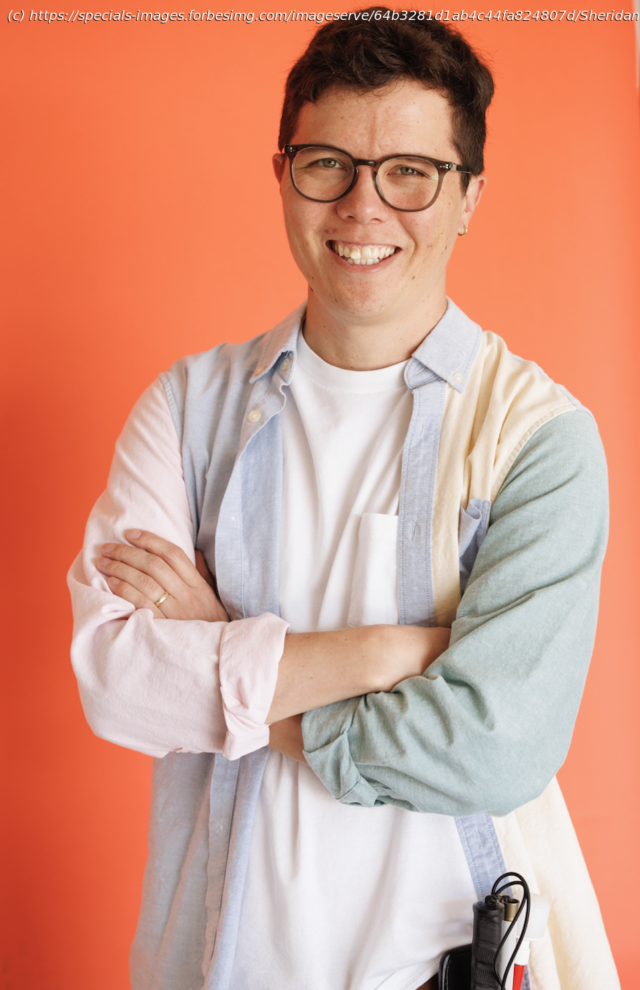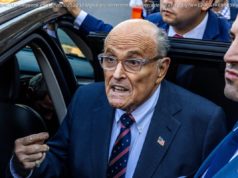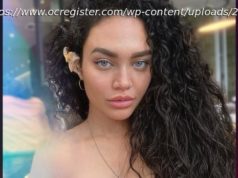Highlighting Disabled changemakers and demonstrating their profound societal impact Sheridan O’Donell, Raven Sutton and Nalleli Cobo. Part one.
Sheridan O’Donnell: Through a Different Lens
In the heart of filmmaking hub Los Angeles, resides the visionary, Sheridan O’Donnell. Born in Texas, raised in New Mexico, and now based in Los Angeles, O’Donnell is a storyteller who thrives on the visceral emotion of the human condition, narrating tales about underrepresented groups and sharing experiences that have not been adequately depicted on the big screen.
Sheridan’s journey to filmmaking has been far from orthodox. Initially studying chemical engineering in college, a nudge from his scientist Father and Grandfather, O’Donnell had an epiphany during a programming class that the numbers he worked with were devoid of purpose. The following day, he changed his major to film, having fond childhood memories of making skits and shorts with his siblings. He yearned for an area of study that would instill joy in his life, a stark contrast from the rigid world of chemical engineering. O’Donnell’s debut short film, Wolf’s Law, a poignant exploration of his personal experiences with bullying, resonated deeply with viewers.
The film opened a dialog about the impacts of bullying, with many sharing their own experiences with him. This intimate connection with his audience fortified O’Donnell’s commitment to producing personal films that had the power to impact lives and trigger conversations. Growing up as a Korean-American in the small town of Las Cruces, New Mexico, O’Donnell endured a difficult childhood. In the isolating struggle of his younger years, cinema was his solace. Movies offered him a space to relate and see himself.
This experience fueled his desire to create films that were human-centric, focusing on characters struggling and persevering against life’s challenges. This guiding principle led to his first feature film, Little Brother, starring J.K Simmons. The film, addressing mental health issues and suicide, was created as a tribute to a late friend and a family member. O’Donnell, who had his struggles with mental health, realized there was a gap in cinematic storytelling around these issues. His film aimed to offer an honest and candid view of mental health, fostering empathy and understanding. O’Donnell’s filmmaking took a significant turn in January 2020 when he was diagnosed with Retinitis Pigmentosa, resulting in legal blindness.
This diagnosis led to a deeply personal mental health journey. Initially perceiving his disability through the lens of fear, shame, and sadness, he eventually found a community and empowerment within his new reality. Will Butler, a prominent figure in the disability community, was instrumental in shifting O’Donnell’s perspective. He affirmed that O’Donnell could continue making films and that his voice as a blind filmmaker would resonate powerfully.
This exchange led O’Donnell to see his disability as a perspective and a culture, rather than merely a medical condition. Now, O’Donnell is working on a project about blindness, bringing his filmmaking full circle. Despite his own initial skepticism, Butler’s prediction has come true, with O’Donnell’s unique perspective as a disabled filmmaker deeply enriching his work. O’Donnell is a testament to the enduring power of human resilience and the capacity for art to transform and heal.
From confronting societal pressures to navigate the complexities of mental health, he has emerged with a new vision – both personal and professional. His filmmaking journey is an inspiring testament to using adversity as a springboard for creativity and advocacy. O’Donnell proudly owns his journey, stating, „the experiences I’ve gone through are part of my life and they’ve informed who I am and what I care about and how passionate I am about things.






